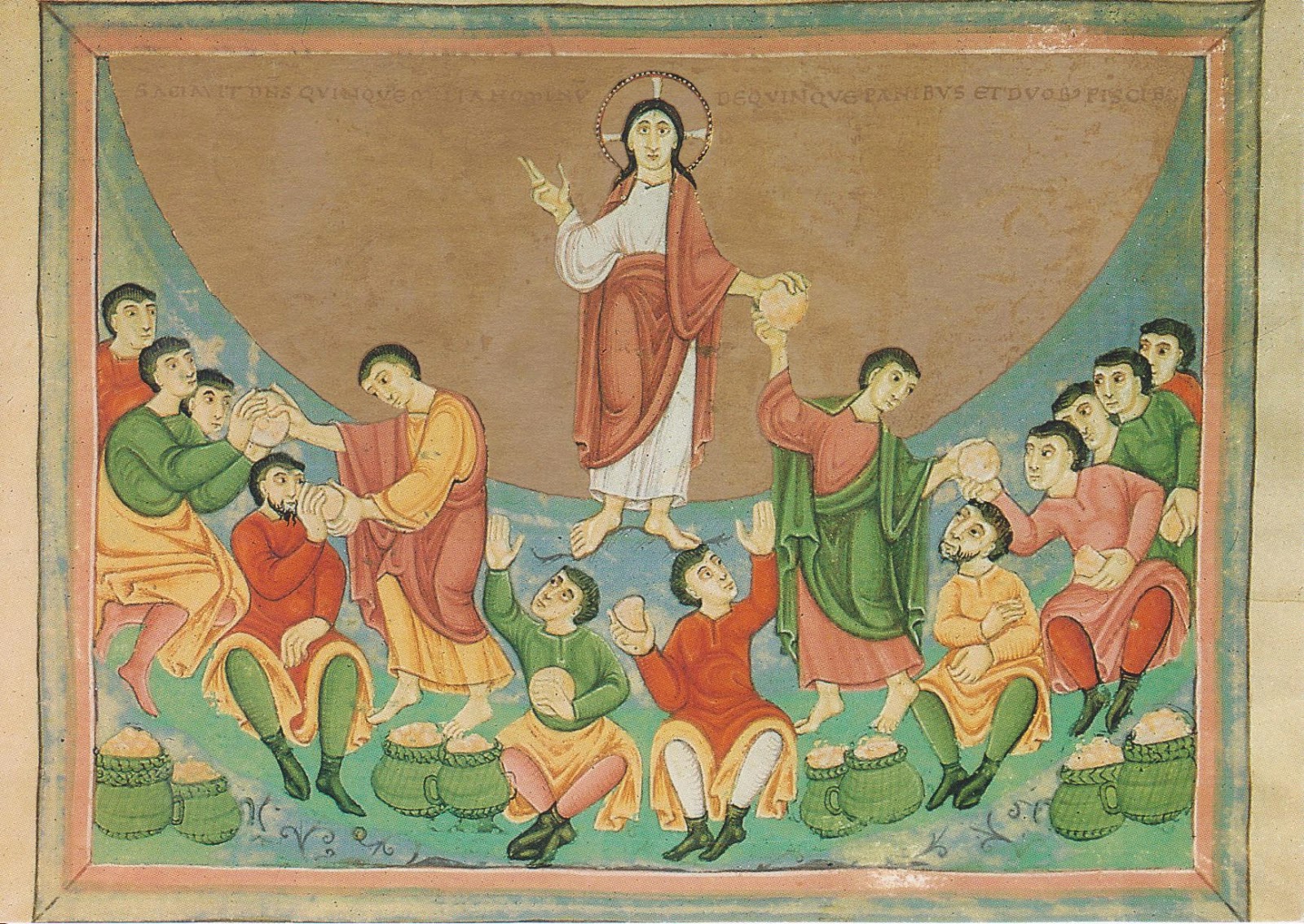John 8: 1-12
Jesus returned to the Mount of Olives; but as soon
as day dawned he was already in the Temple court, where the people flocked to
him, and he sat down and began to teach them. The teachers of the law and the
Pharisees led in a woman caught in adultery. They made her stand in the middle,
and said to Jesus, “Teacher, this woman was caught in the act of adultery. In
the law, Moses commanded us to stone such women. Now what do you say?”
They said this only as a trap, in order finally to have a reason for accusing
him.
But Jesus bent down, and started to write something
in the earth with his finger. When they kept on pressing him with questions, he
stood up and said to them, “Whoever among you is without sin, let him cast the
first stone at her.” And again, he bent down and wrote in the earth.
When they heard this, their conscience began to
stir within them, and they went out, one after the other, beginning with the
eldest. And only Jesus was left and the woman who stood in the middle. Jesus
stood up, and said to her, “Woman, where are they? Has no one passed judgment
on you?”
“No one, sir,” she said.
“Then neither do I judge you,” Jesus declared. “Go
now, and leave your life of sin.”
3rd Passiontide
March 17, 2013
John 8: 1-12
If someone adds something to food or drink to thin it out,
or to poison it, we say that it has been adulterated. It has been watered down,
or made harmful.
 Humanity’s soul has been adulterated. The adversary forces
have added the thorn of evil, the sting into our hearts. Because of this
wounding, we have become weak. We are both ‘watered down’, not fully potent,
and at the same time capable of harm.
Humanity’s soul has been adulterated. The adversary forces
have added the thorn of evil, the sting into our hearts. Because of this
wounding, we have become weak. We are both ‘watered down’, not fully potent,
and at the same time capable of harm.
Christ came to the earth to experience what it is like being
a human being in a body of flesh. He knows in depth the basic human condition
of weakness. And in His empathy and compassion, he does not judge us. Rather He
seeks to give us strength, to heal us, to raise us up. Eventually we will rise
and expand. We may now feel shriveled, in grief. In the words of the poet, we
may ask Him:
My heart is so small
it's almost invisible.
How can You place
such big sorrows in it?
Yet he answers:
"Look," …"your eyes
are even smaller,
yet they behold the world."[1]








.jpg)





